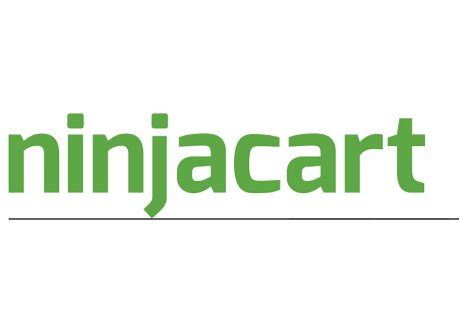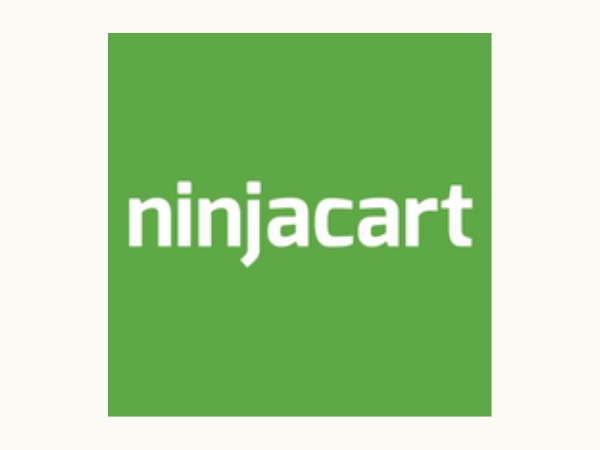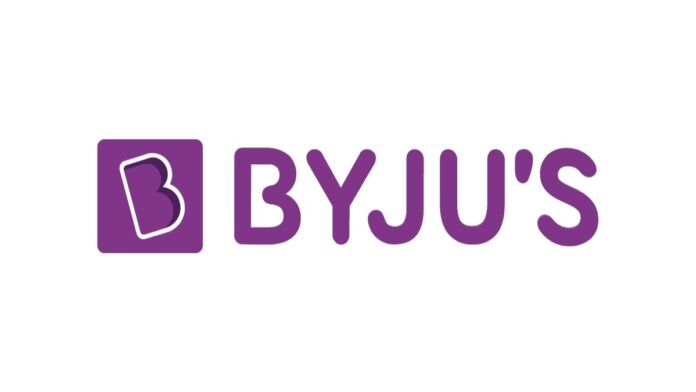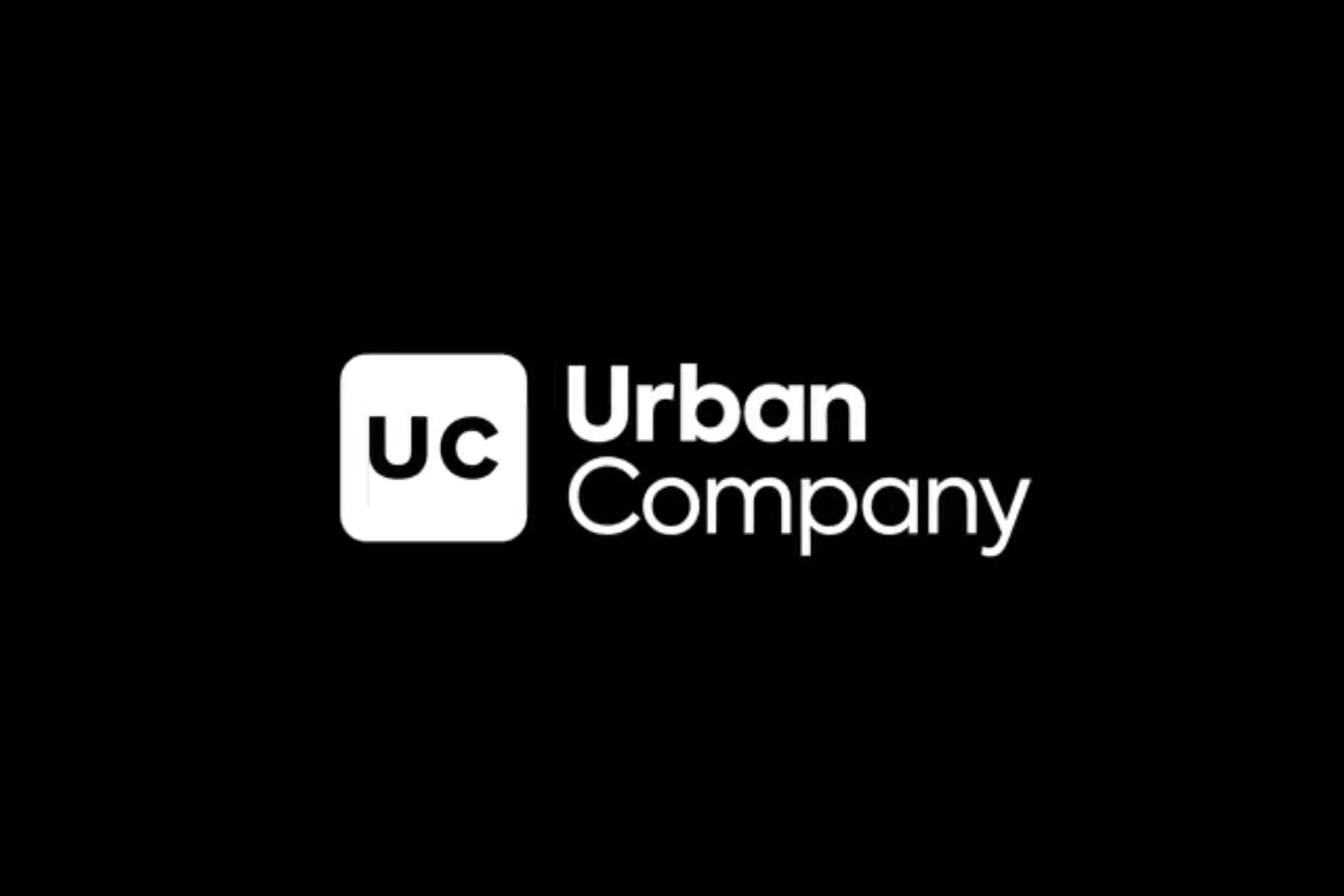Introduction
Ninjacart is a food supply platform & the most significant supply chain in India that delivers fresh fruits and vegetables to retailers. The company delivers 1500-1600 tons of fresh vegetables and fruits daily and have more than 1100 warehouses and over 190 collection centers in the country. Their apps help in leveraging infrastructure, connecting farmers to retailers, data science, etc. The Business model of Ninjacart involves its business plan, revenue model, its competitors, SWOT Analysis and many more.

The ninjacart company is a pioneer in solving one of the toughest supply chain problems in the world by leveraging innovative technology. The high-quality and hygienically-handled fresh produce ensures healthy food to the consumers along with maintaining transparency among the points of supply chain and distribution.
The Ninjacart Supply Chain is equipped to move 1400+ tonnes of perishables from farms to businesses, every day, in less than 12 hours. The ninjacart startup currently has a network of more than 200 collection centres and over 1,200 warehouses in the country.
Business Plan
Ninjacart’s business model is simple, the B2B agritech startup has been refining and innovating processes on a grassroot level to optimize their efficiency. They eliminate the intermediaries in the goods supply chain by delivering fresh and good quality vegetables and fruits to the food-service providers and retailers. They handle everything with proper hygiene and believe in transporting the goods on time.
Ninjacart has improved the salary of farmers and fulfilled all the promises during the time of the contract. More than 25% of their vegetables and fruits are obtained directly from the farmlands. They also believe in educating the farmers and making them aware of various programs. It helps them in giving the best products to Ninjacart and, their crops also get saved. They also teach them about the several advantages of selling their procured food directly to the company.
Ninjacart deals with the problem of inefficiencies in the supply chain by connecting farmers with retailers and trying to remove the middlemen benefiting all the stakeholders in the process (farmers, retailers and customers).
Ninjacart India has eliminated intermediaries by taking control of the Supply Chain by using technology and analytics. On one end, farmers get better prices and consistent demand, and on the other end, retailers receive fresh produce at competitive prices that are delivered to their doorstep.
Revenue Model
The company’s revenue models aim to build a perfect fintech platform and a stable ecosystem for the farmers. They have more than 100 collection centers from where they procure fruits and vegetables. The company helps the farmers to buy the required equipment such as tractors, farming tools, etc., for their lands. Their app helps them in getting the financial benefits and raise the capital for their lands. Ninjacart earns money by selling fresh goods to the retailers at a profitable price.
- Ninjacart earns from the sales of the fresh goods to the retailers at profitable prices.
- The company also makes some money via its app.
Competitors
The traditional city markets are our biggest competition. The top Ninjacart competitors are
- DeHaat
- WayCool
- Farmioc
- Chilibeli
- AgroStar
- FarmLead
- Falam
SWOT Analysis
Strengths
- Helping farmers get better prices and deal with consistent demand.
- Highly efficiency: It facilitates getting the produce to stores in less than 12 hours at a cost that is less than that in the traditional market, with less than one per cent food wastage.
- Helping retailers source fresh vegetables at competitive prices directly from farmers. It has built cost-effective, reliable, and efficient logistics and infrastructure to wipe out the inefficiencies in the Supply chain.
- Ease For Suppliers: Suppliers can just focus on selling and delivering great customer experience and do not have to worry about procuring and merchandising.
- Hygiene and quality: Vegetables are handled with a “one-touch” method and transported hygienically in clean crates. This ensures that customers get clean vegetables, unlike in the traditional market.
- 100% traceability: At Ninjacart we can trace the food 100 per cent using our RFID solutions, which makes it possible to connect a tomato in the store shelf to a farmer and how the tomato is produced. Traditional supply chains have zero traceability.
Weaknesses
- The retailers often face problems with higher costs, unhygienic produce, which often turns out to be of low quality, along with other problems of high-price volatility and the hassles of going to market each day.
- The traditional supply chain had also been declared highly inefficient and unorganized, with a high rate of wastage of food.
Opportunities
- Sustainability: Since it is a daily need product, sustainability of the businesses is very high as in the case of electricity, the Internet and water.
- Change in Lifestyle: consumers are demanding healthy and quality food and are willing to pay for the same.
- Less Wastage: There is also a growing awareness about food wastage and progressive farming techniques.
- Better Quality: Faster evolution of the business is driven by the fact that our supply their chain is evolving faster to cater to the needs of customers, to be able to serve them at a lower cost, a faster speed and at better quality.
- Technical Upgradation: Ninjacart looks forward to a future that will be driven by data and technology. The company has a database of around 40 different markets in terms of arrivals, supply, price, etc.
Threats
- Competition: There are some startups in a similar space too.
Conclusion
Ninjacart is India’s largest B2B Fresh Produce Supply Chain platform, solving one of the toughest supply chain problems of our country through technology. The company has built reliable, cost-effective, and high-speed logistics and infrastructure to solve inefficiencies in the Supply Chain.




